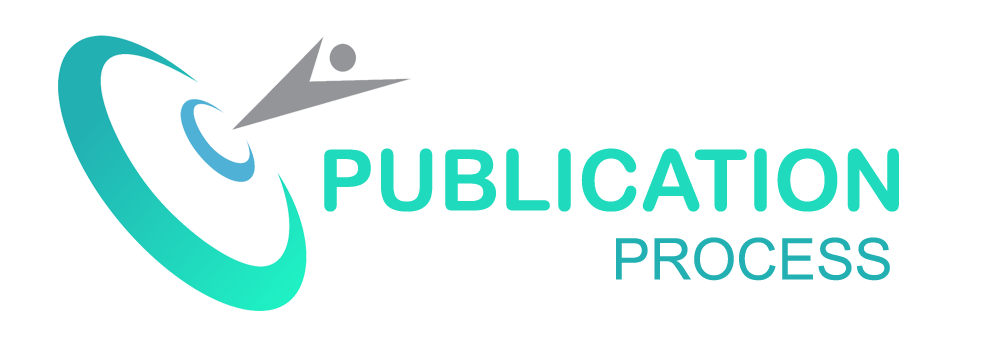PENGARUH KEBERFUNGSIAN KELUARGA TERHADAP STATUS IDENTITAS EGO PADA EMERGING ADULTHOOD
Abstract
Keluarga memainkan peran penting dalam perkembangan emerging adulthood. Fungsi keluarga, yang mengacu pada kualitas dan efektivitas interaksi keluarga, merupakan faktor krusial yang mempengaruhi proses perkembangan dan pembentukan identitas hingga dewasa (Arnett, 2015; Olson & Craddock, 2019). Penelitian Wallace (2017) menunjukkan adanya hubungan antara keberfungsian keluarga dengan pembentukan identitas diri pada masa emerging adulthood. Penelitian ini bertujuan untuk mengetahui pengaruh keberfungsian keluarga terhadap status identitas ego pada emerging adulthood. Subjek penelitian adalah individu usia 18-25 yang berdomisili di Pulau Jawa (N = 221). Instrumen yang digunakan dalam penelitian ini yaitu Family Assessment Device-General Functioning Scale (FAD-GF) dan Extended Objective Measure of Ego Identity Status (EOM-EIS). Analisis regresi menunjukkan p = 0.00 < 0.05, sehingga dapat disimpulkan bahwa terdapat pengaruh signifikan dari keberfungsian keluarga terhadap status identitas ego pada emerging adulthood. Keberfungsian keluarga memiliki pengaruh terbesar pada kategori status identitas ego achievement sebesar 73.9%. Selain itu, terdapat perbedaan yang signifikan pada tingkat keberfungsian keluarga dari setiap kategori status identitas ego (p = 0.00 < 0.05)
Families play an important role in the development of emerging adulthood. Family functioning, which refers to the quality and effectiveness of family interactions, is a crucial factor that influences the process of development and identity formation into adulthood (Arnett, 2015; Olson & Craddock, 2019). Wallace's (2017) research shows a relationship between family functioning and self-identity formation in emerging adulthood. This study aims to determine the effect of family functioning on the status of ego identity in emerging adulthood. The research subjects were individuals aged 18-25 who live on the island of Java (N = 221). The instruments used in this study are Family Assessment Device-General Functioning Scale (FAD-GF) and Extended Objective Measure of Ego Identity Status (EOM-EIS). Regression analysis showed p = 0.00 < 0.05, so it can be concluded that there is a significant influence of family functioning on ego identity status in emerging adulthood. Family functioning has the greatest influence on the achievement ego identity status category at 73.9%. In addition, there is a significant difference in the level of family functioning of each ego identity status category (p = 0.00 < 0.05)




